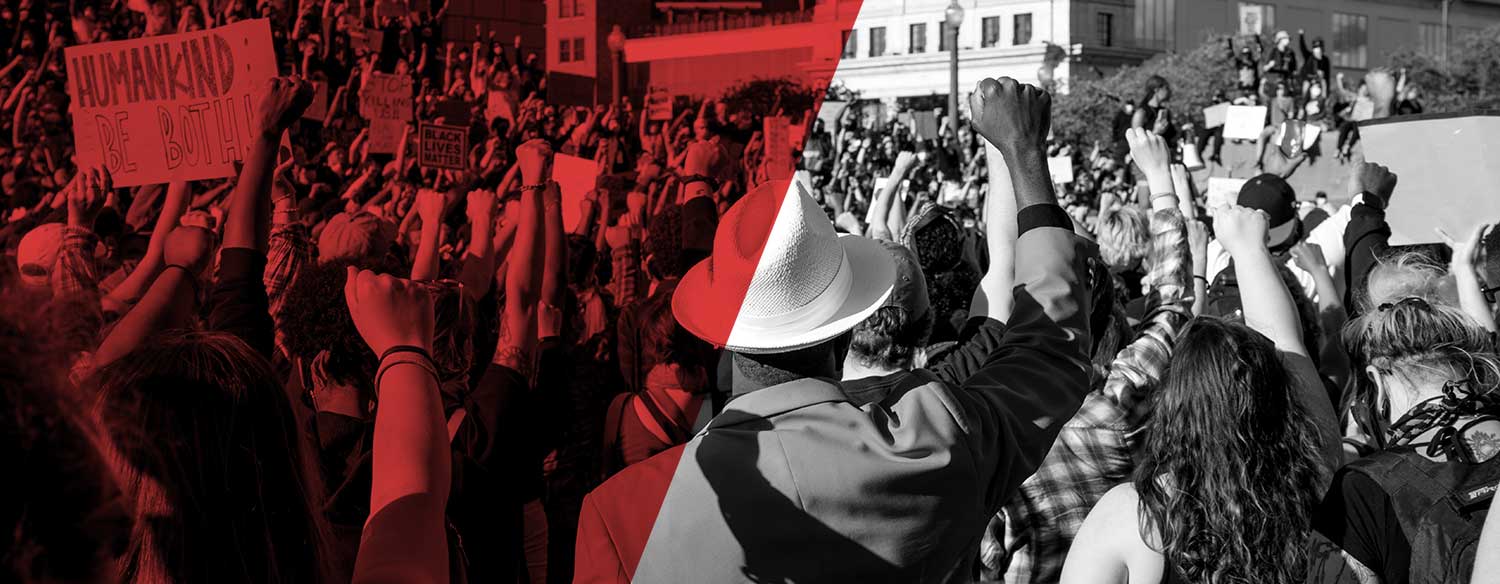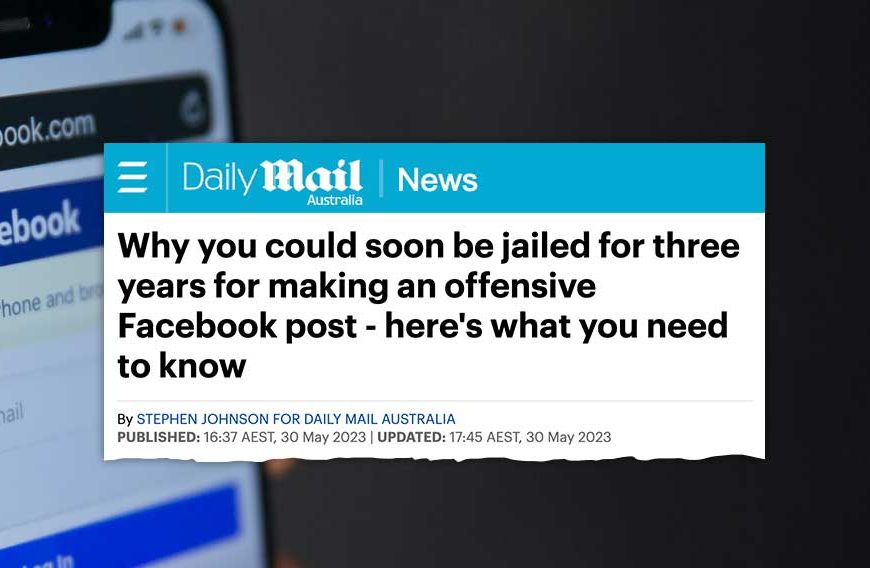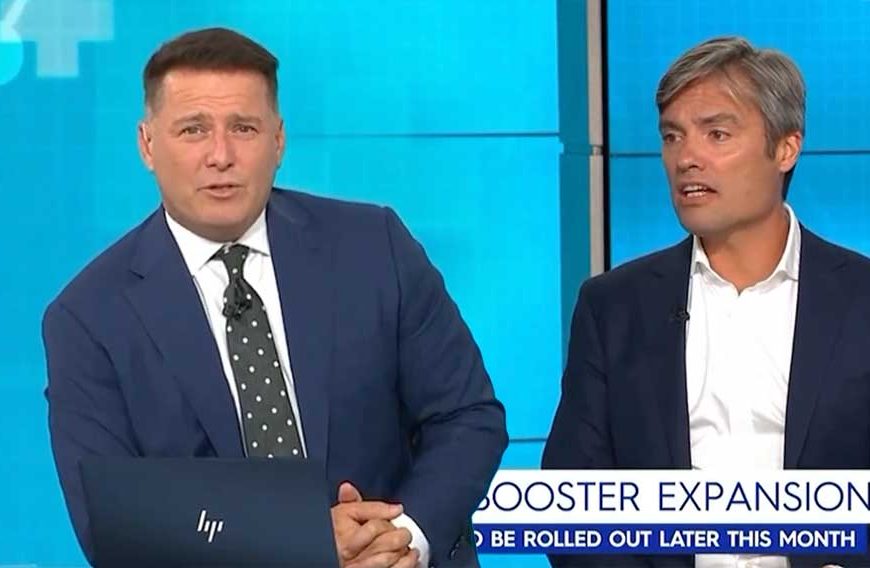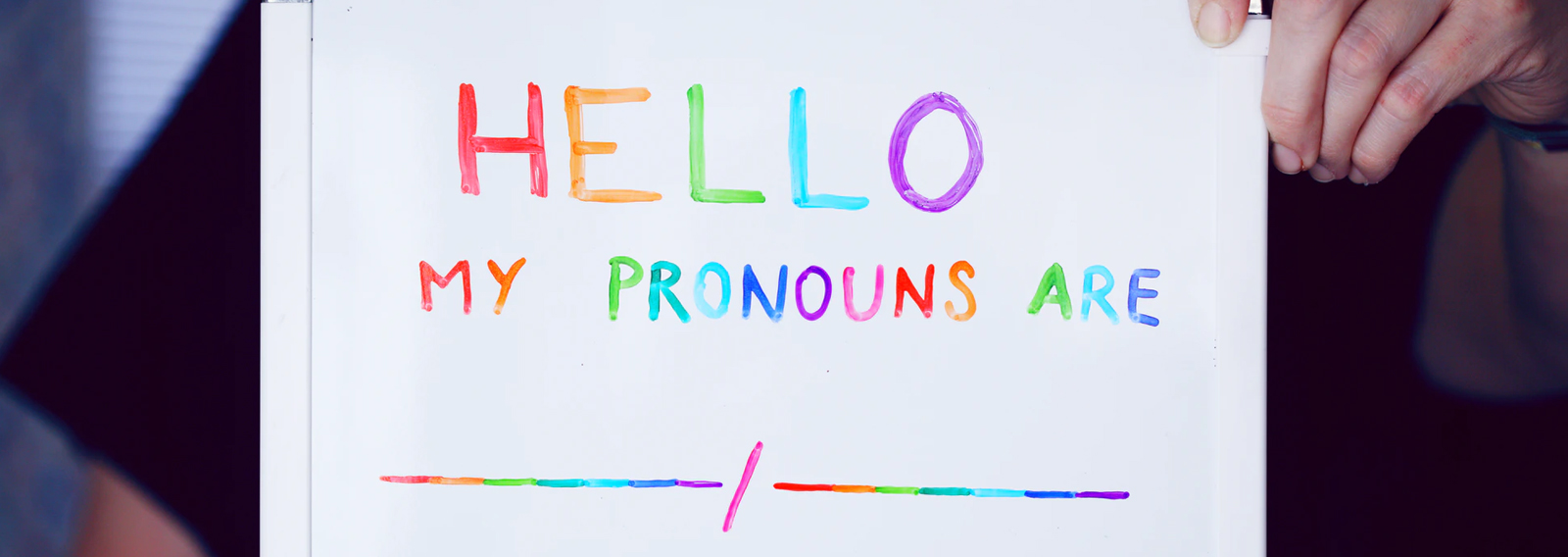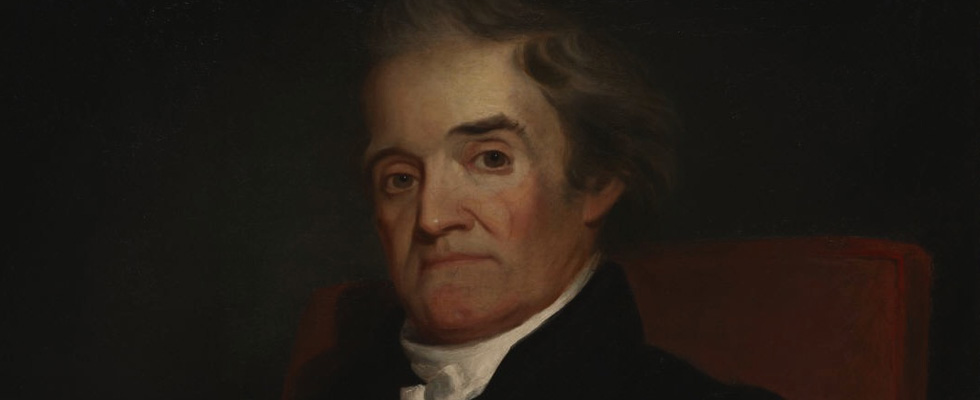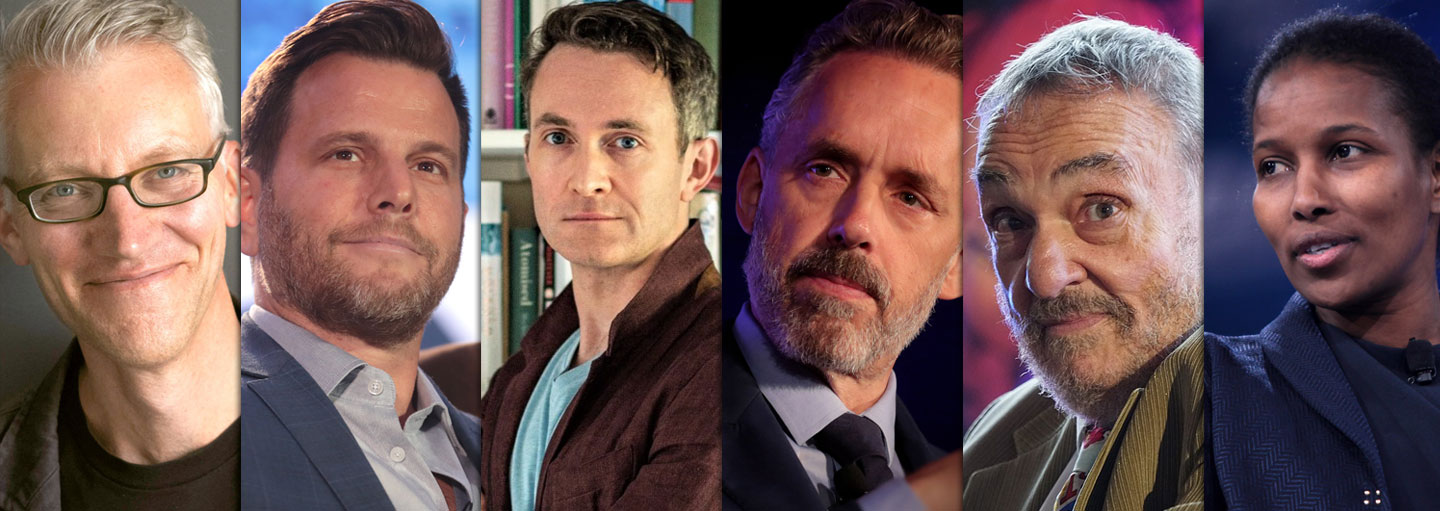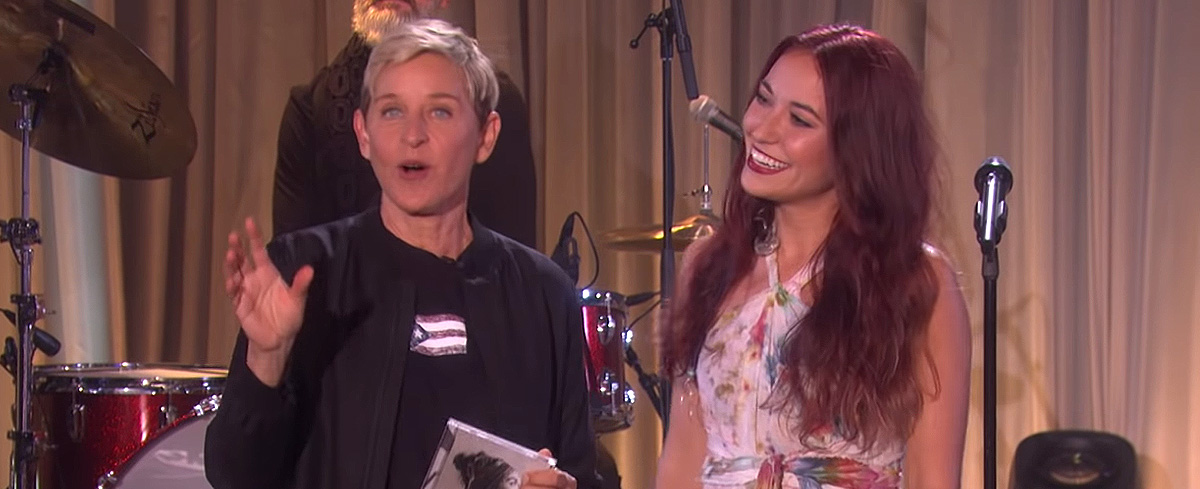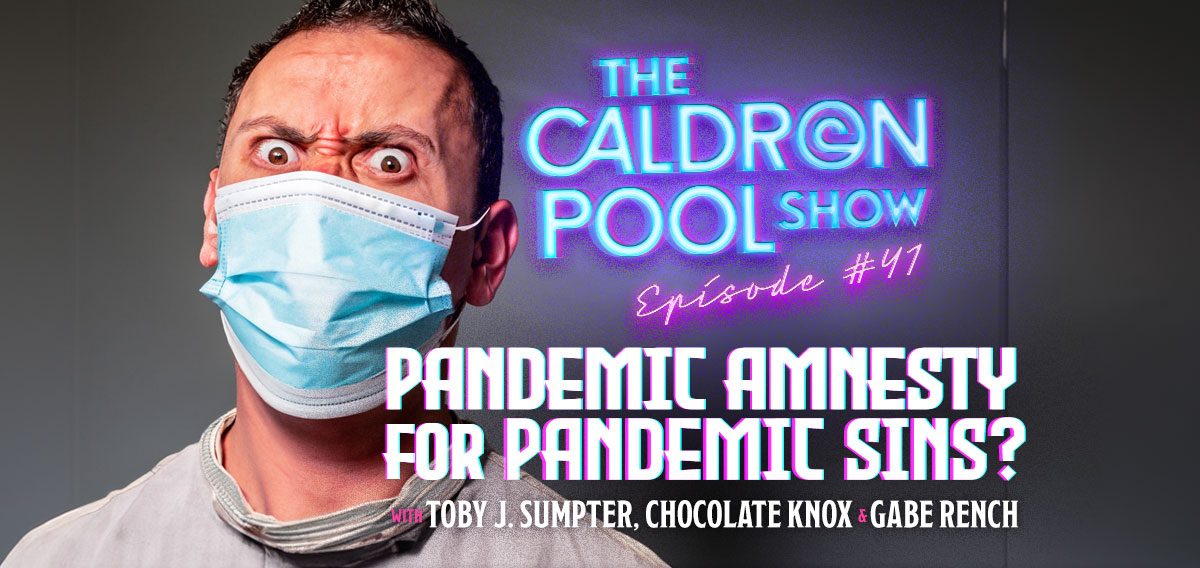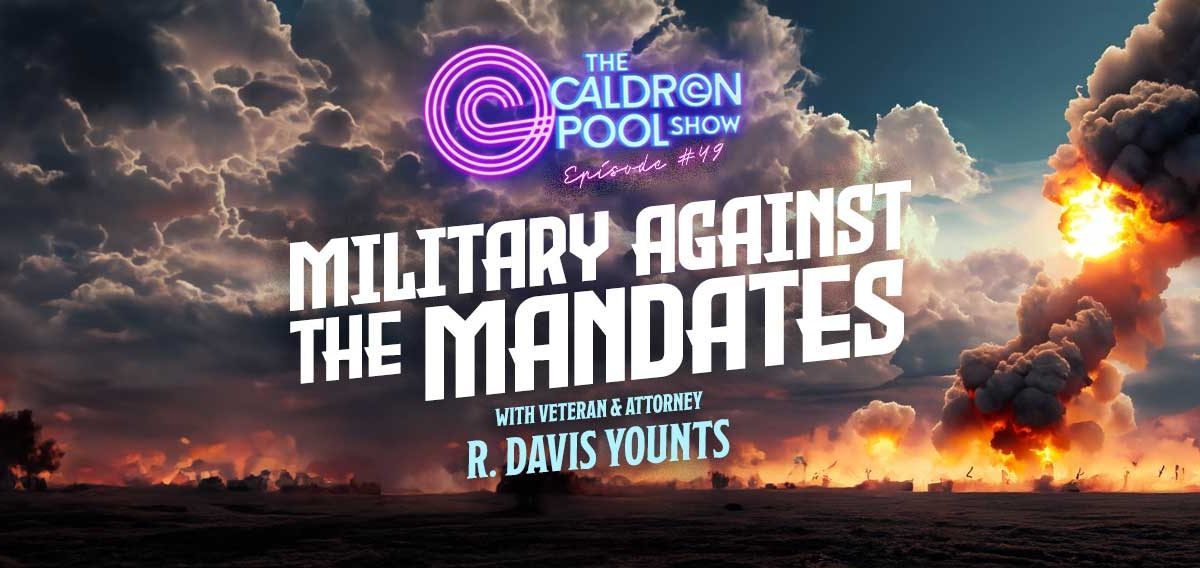MANY are saying the events of the past fortnight – with marches against racism being held around the world – constitute a historic moment.
I disagree.
I don’t think much has actually happened. Scratch beneath the sound and fury of the protests and what have you got? A proposal to defund the police? An idea so irresponsible it could only be imagined by people whom police had kept safe long enough to become so incredibly stupid.
So what are we left with?
My social media feed is filled with posts from friends, who have always believed racism is wrong, affirming that racism is wrong.
This might be important if there was an argument. But everyone agrees racism is wrong. One might as well announce on Facebook that you believe the sky to be above us.
The desire to be part of a truly history-making moment is strong. But this isn’t it.
It isn’t a history-making moment because no history is being made. Everyone agrees that black lives matter. And even the police agree that the misuse of police power by rogue police is wrong!
This may be a historic moment only in the sense that it is the first protest in history in which protestors protested against people who agree with them!
The past fortnight was not this generation’s civil rights moment, as much as we might desire one since there are no civil rights long denied that are now being demanded.
The fact is, in Western countries, black people have never been less oppressed than they are today. This is proved by the fact that no legislation is being proposed and no examples of discrimination in law have been offered, other than an all-encompassing anger at “systemic racism”.
You couldn’t do better than to invite Dennis Denuto, the bumbling small-time lawyer from the 1997 movie The Castle, to summarise the protests.
“It’s justice, it’s law, it’s the vibe and, no that’s it, it’s the vibe. I rest my case”.
Many were emotionally moved to see white people repenting before black people for the sins of colonialism. But this is not new and it is certainly not history-making.
One might argue that such displays of collective guilt are indulgent and do nothing but condemn blacks to repeat history by continuing on as victims, though they actually live at a time when there has never been less oppression.
When a group of people apologise for things for which they bear no personal responsibility, the very concept of a virtuous person is changed – from one who exercises virtue to one who expresses correct sentiment. The most virtuous person in the past few weeks has been the one who expressed the right emotion the loudest, and to the most people.
It used to be the case that a man felt most responsible for his own behaviour and was judged by how he behaved toward those in his own house. From there rippled ever-decreasing areas of moral concern, of which he was also increasingly ignorant. Now, though, it is the other way around.
Influenced by social media and cheered on by the mob, a man is more likely to judge himself – and be judged – by the opinions he holds on events far from his immediate concern.
So a man might be a terrible person at home, but that is more than compensated for by his outrage at George Floyd’s death.
There is another pernicious aspect to this penchant of those with no personal responsibility for wrong apologizing to those who have suffered no personal wrong – the diluting effect it has on the morals of those receiving the apology.
It allows a man to be a terrible person at home, and blame history
“What can I do wrong to compare with the wrongs that my forebears suffered at the hands of your forebears?” is the response when someone dares to complain that looting and setting fire to property and beating old ladies with lumps of timber is unacceptable behaviour.
I’m struggling to think of anything specific or concrete that we can come away with, in this entire episode, that is meaningful or particularly helpful.
But a lot of feelings have been expressed in a kind of collective case of emotional incontinence.
So we feel like we have made history. And for a generation that thinks with its feelings and reasons by way of its emotions, that is probably good enough.


